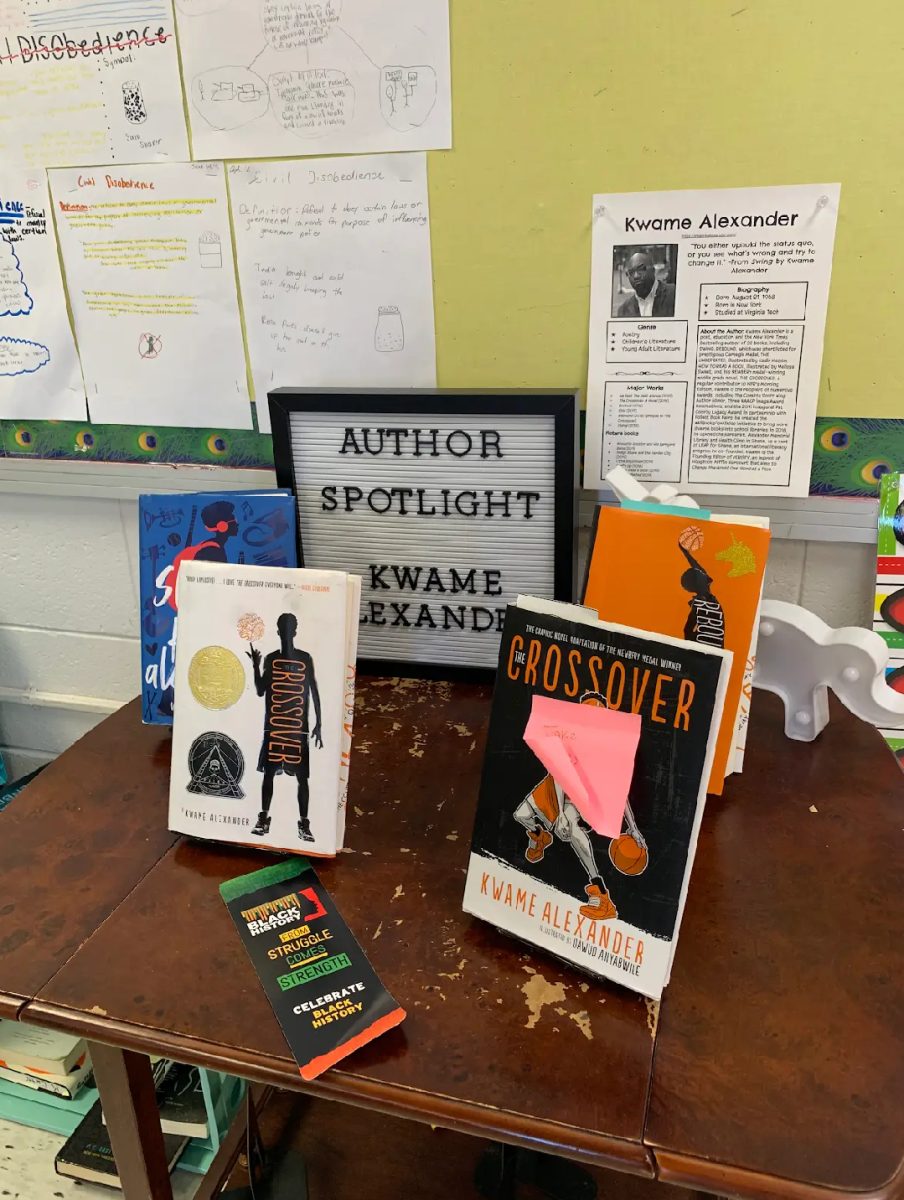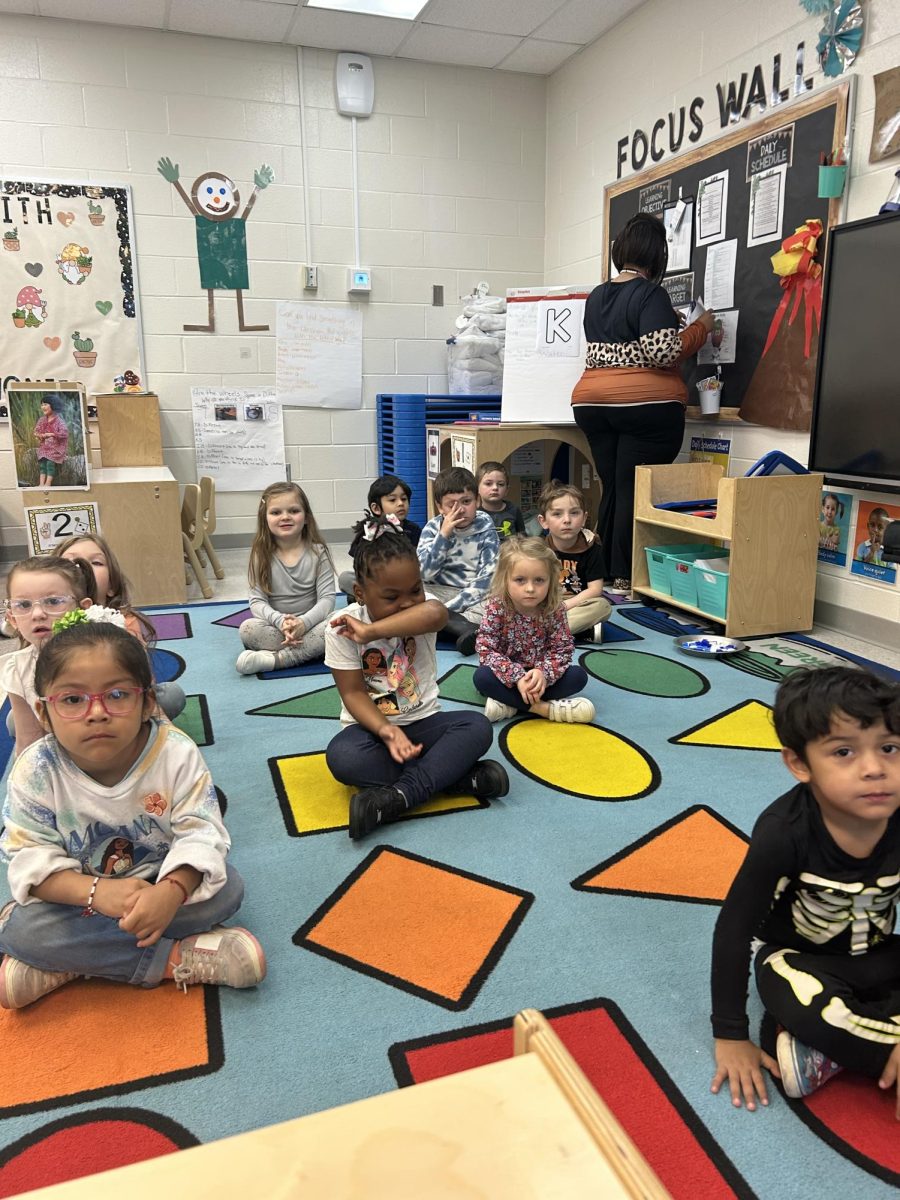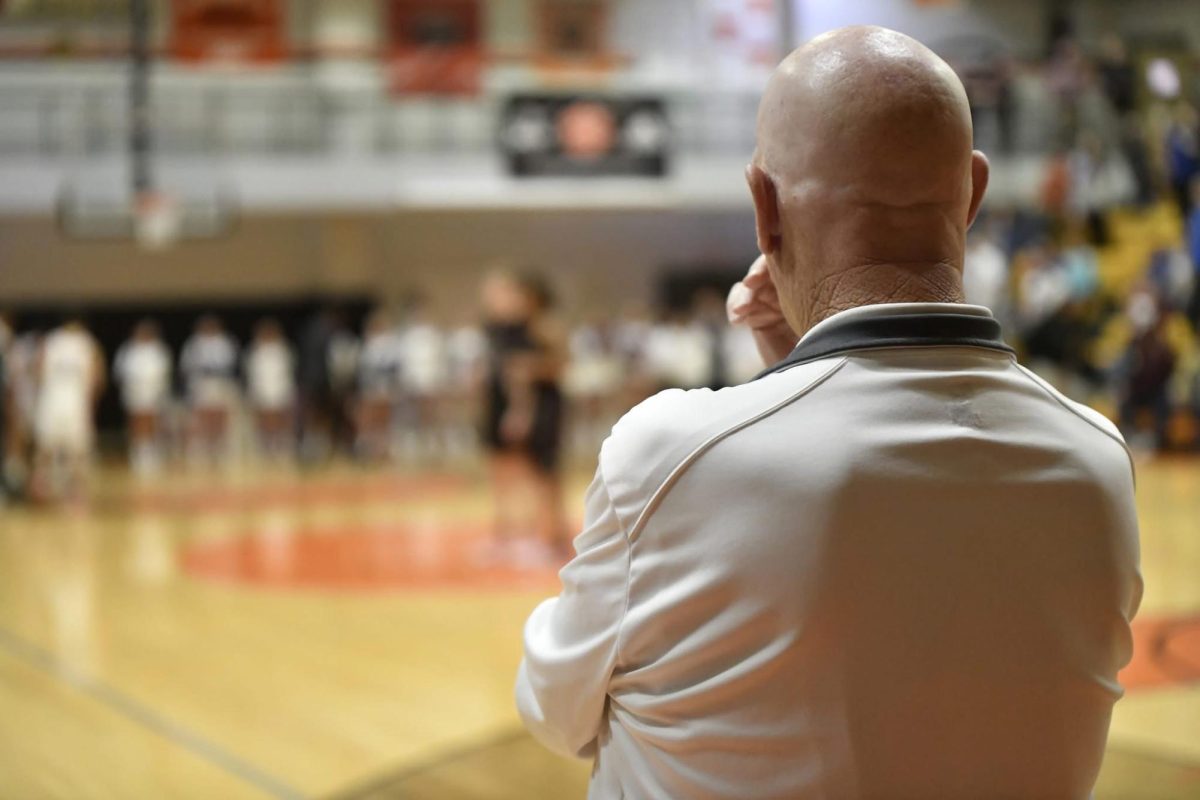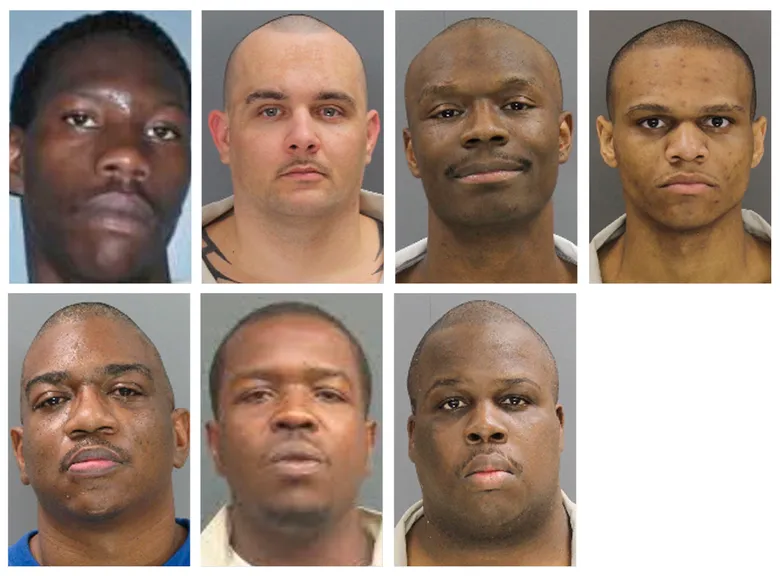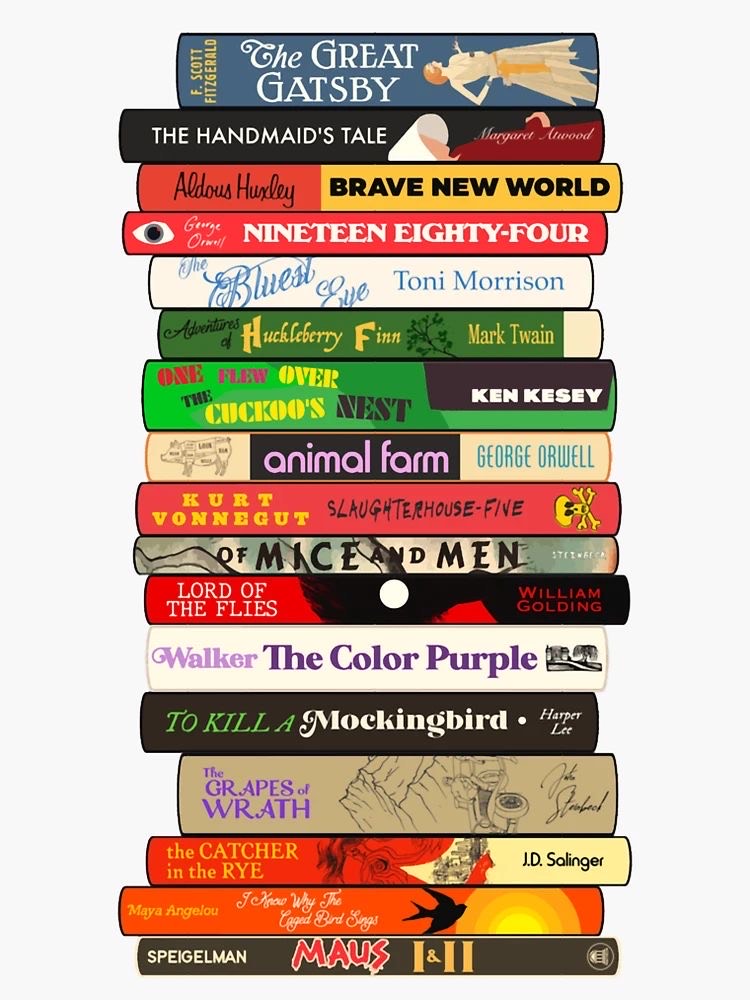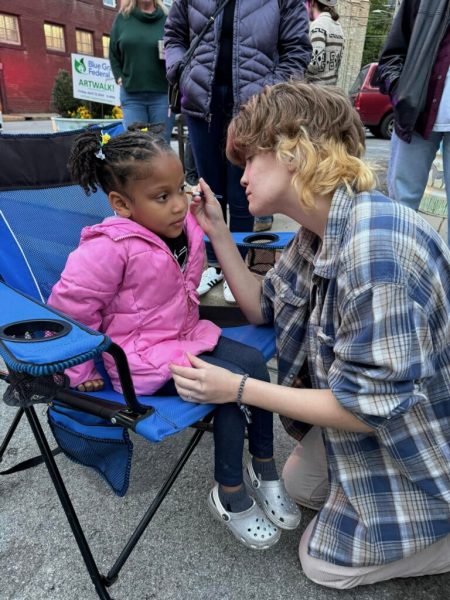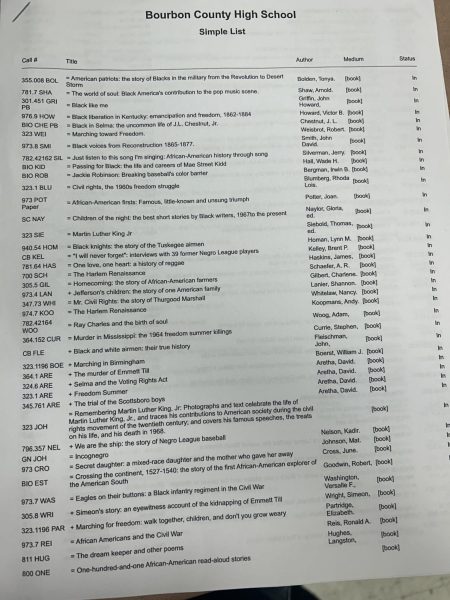
Every February, Black History Month offers a time to reflect, learn, and celebrate the rich contributions of African American individuals throughout American history. In high schools, this month holds special importance, As it is a great chance to educate young minds, challenge stereotypes, and bring diverse voices to the forefront. To better comprehend how Black History Month is observed in my community, I asked around my school–Bourbon County High School– to see how teachers and staff incorporate it into their classrooms and the school environment as a whole.
I began by contacting Mrs. Carter, one of the English teachers at the school. From personal experience having her as my teacher in the past, I knew she would be a wonderful person to ask about how this month is celebrated in her classroom, as I remember her always being inclusive and making an effort to voice famous African authors, showcasing their books in the school. She explained to me how she takes intentional steps during February to celebrate black voices in literature. “Each week, I do book talks where I highlight stories by black authors”, she replied. These book talks allow students to learn about narratives and perspectives they may not encounter in traditional curriculums.
Additionally, when students practice their grammar and language skills, Mrs. Carter includes mentor sentences written by black authors and poets. This not only teaches technical writing skills but also introduces students to powerful and poetic voices from different backgrounds. Mrs. Carter’s approach shows how literature can be both educational and eye-opening when diverse voices are centered.
I also reached out to Ms. Elkins, the school librarian, who described the thoughtful ways the library participates in honoring Black History Month. She provided goodie bags filled with pencils, bracelets, and bookmarks decorated with Black history themes, all of which she received from the Paris Bourbon County Public Library. These small but meaningful tokens sparked curiosity and appreciation among students. Beyond that, Ms. Elkins decorated the area outside the library with posters and displays featuring books by and about African Americans. Inside the library, she curated a collection of physical books focused on Black History and culture, placing them on the first set of shelves so they were easy to see and access. Her efforts helped create a welcoming space where students could discover and engage with Black voices in literature.
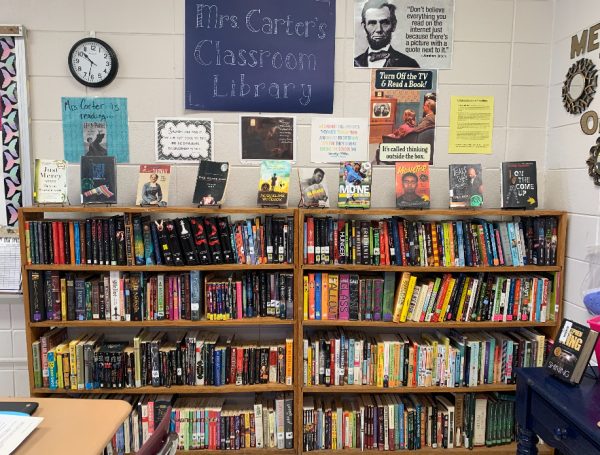
The importance of celebrating Black History Month in high schools cannot be overstated. High school is a critical time when students begin to form their understanding of the world and their place in it. Introducing them to the stories, struggles, and successes of Black individuals helps foster empathy, awareness, and respect. It also helps correct the gaps in mainstream history. Education, which often overlooks the impact of African Americans. Celebrating this month encourages students of all backgrounds to think more critically and inclusively.
In conclusion, my exploration at Bourbon County High School revealed that educators like Mrs. Carter and Ms. Elkins are making thoughtful efforts to honor Black History Month in their own ways. Whether through book talks, mentor sentences, or creative displays, their works help ensure that Black voices are heard and celebrated. Their dedication reminds us that meaningful change and awareness often begin in the classroom.

